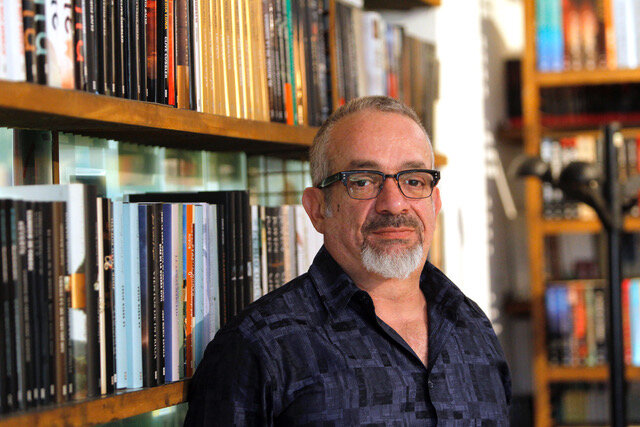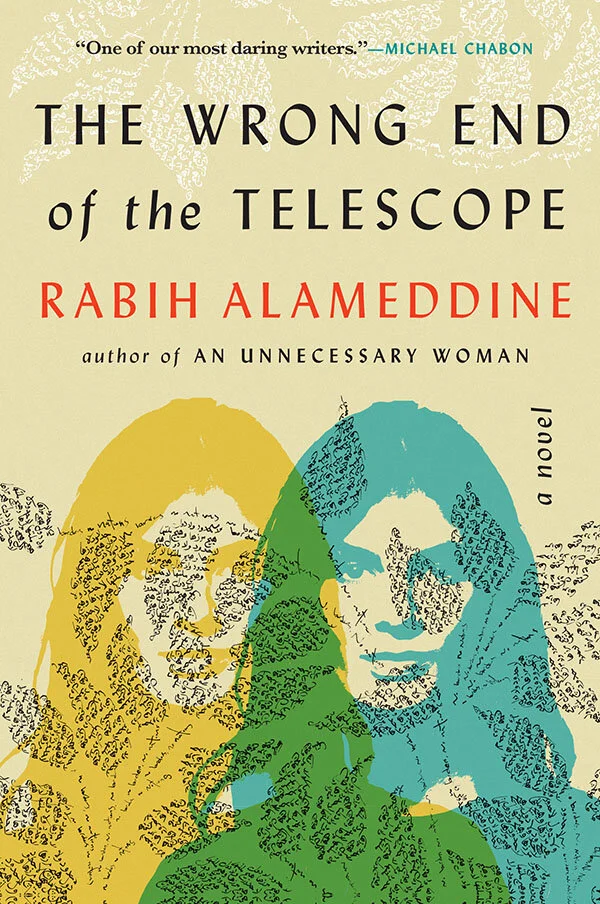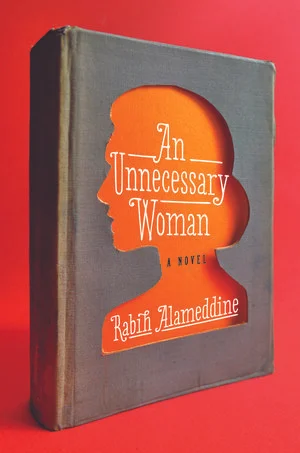Rabih Alameddine's most recent book is Comforting Myths: Concerning the Political in Art (University of Virginia Press, 2024), which Publishers Weekly called "essential reading" in a starred review. He is also the author of six critically acclaimed novels, including The Wrong End of the Telescope (Grove Atlantic, 2021), winner of the PEN/Faulkner Award; The Angel of History (Atlantic Monthly Press, 2016); An Unnecessary Woman (Grove Press, 2014), finalist for the National Book Award and the National Book Critics Circle Award, winner of the California Book Award, and a Washington Post, Kirkus, and NPR Best Book of 2014; The Hakawati (Knopf, 2008); I, The Divine (W.W. Norton, 2001); and Koolaids (Picador, 1998). He is also the author of a book of short stories, The Perv (Picador, 1999). Alameddine received a Guggenheim Fellowship in 2002.
When asked by Dan Sheehan in Electric Literature if he considers himself a political writer, Alameddine responded, “Well, yes, I am a political writer...what fiction is not political? The trouble with the United States is that there is this delusion that the written word can ever not be political, and that if something is political, it is somehow less than. I’ve said this one hundred times and I’ll say it again: if your country is dropping bombs in Yemen and you decide to write about a woman in Beirut who is seventy-two and doesn’t leave her house, that is a political book. If your country’s policemen are shooting unarmed black men on the street, and you write about a white couple in Minneapolis, that is a political decision. To write about the human condition is political; it’s one of the greatest political acts. Art has never been apolitical.”
Born in Amman, Jordan, Alameddine grew up in Lebanon and Kuwait, lived in England, then moved to the US. He earned a degree in engineering from UCLA and an MBA in San Francisco before becoming a painter and novelist. He divides his time between Beirut and San Francisco.









